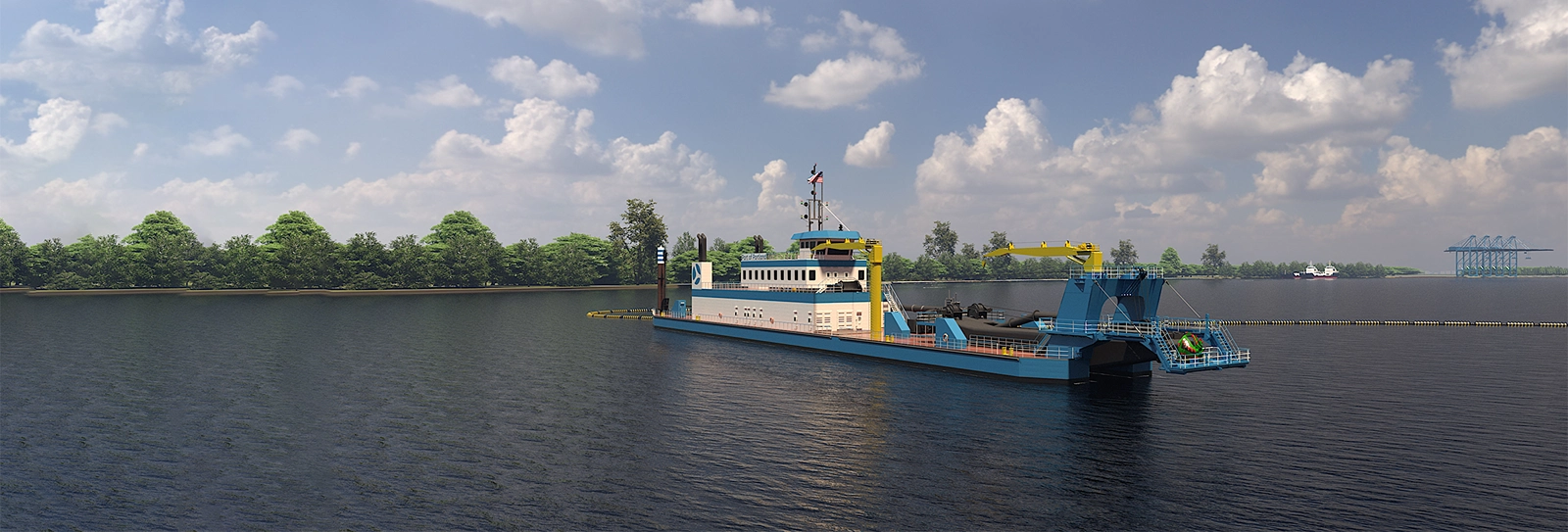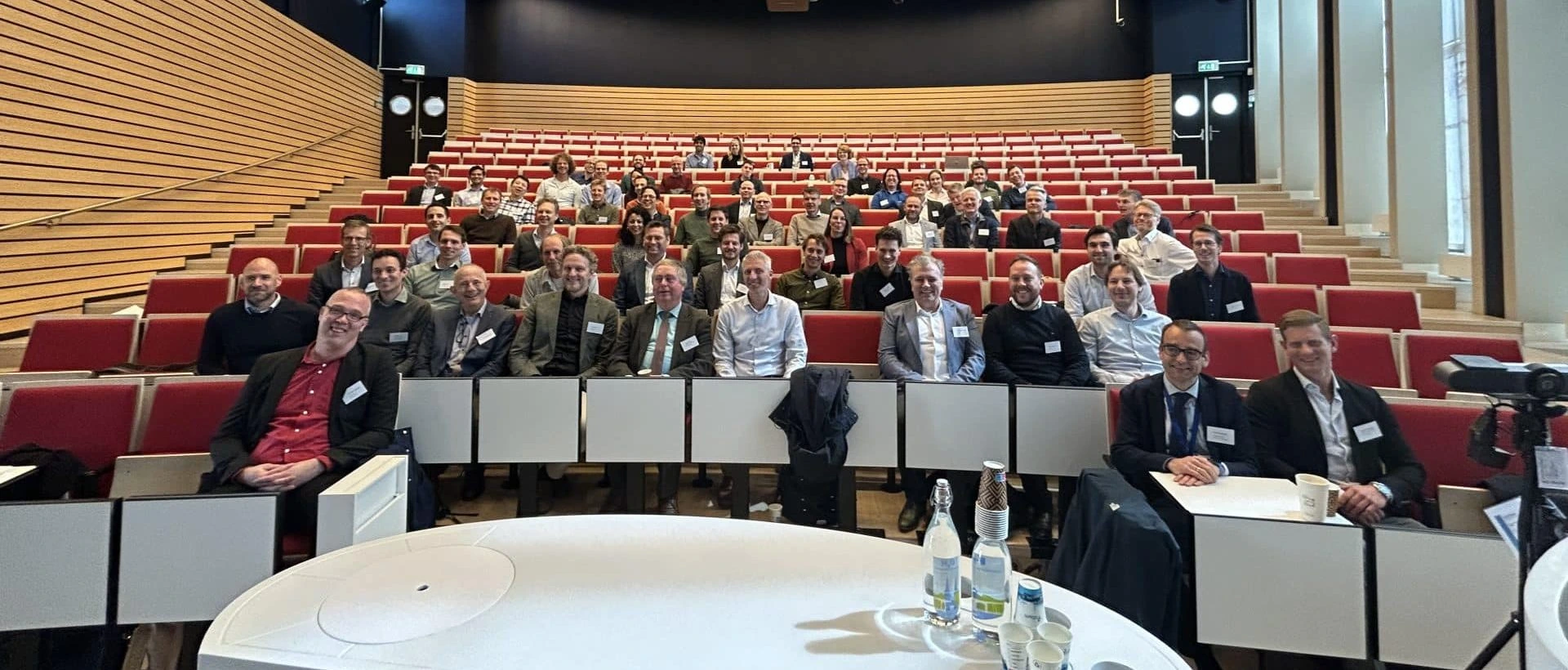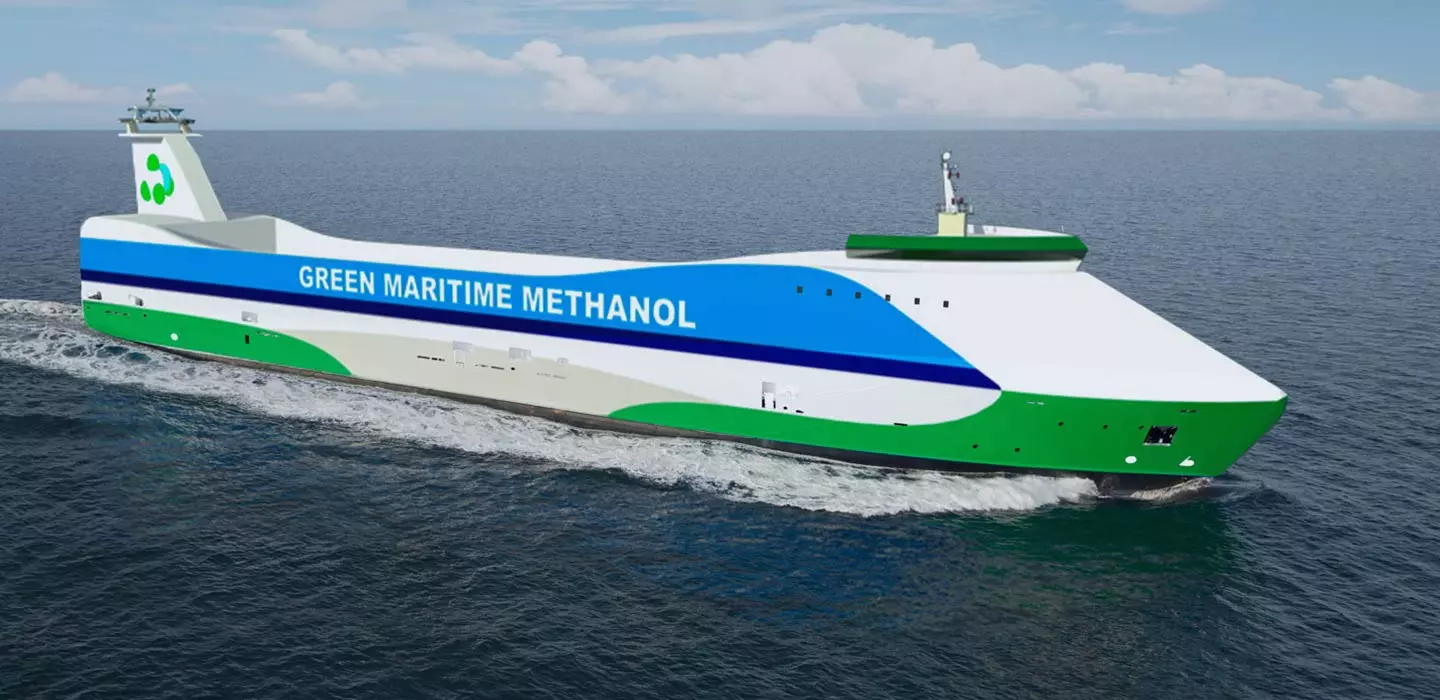Methanol energy
Traditionally ‘grey’ methanol is produced with fossil fuels, however, when produced in a sustainable way (with biomass), methanol is CO2 neutral from well to propeller.
Methanol is suitable for use in a wide range of vessels, including short sea passenger ships and cargo vessels. C-Job has conducted multiple feasibility studies for ferries to use methanol; produced concept designs for dredgers; and provided concept, basic and detail design to convert a patrol vessel to methanol.
Like ammonia as a marine fuel, methanol reduces tank-to-propeller GHG emissions by more than 80%, and in cargo ships it will require expanded fuel space, for which C-Job can provide the design and engineering. While methanol requires less space and is lighter than ammonia, the latter is cheaper to produce – so C-Job supports ship owners during the decision-making process to choose the right future fuel for a ship’s operational profile.
Discover more

A new CSD 30″ – for the Port of Portland
We partner with
Green Maritime Methanol Consortium
which investigates the feasibility of methanol as a sustainable alternative maritime fuel. C-Job’s provides design input as well as risk assessments.

MENENS Project
We have been a member of this international industry association for many years. It promotes the adoption and use of ammonia in a sustainable energy economy, and C-Job supports the association’s plans to realize a safe and efficient ammonia-fueled vessel.
More about C-Job
Our R&D work has contributed to a ripple effect, as the impact of our vessel designs and technical solutions continues to spread. Discover how we are empowering clients to build better ships, as we propel the maritime industry towards a more sustainable future.

